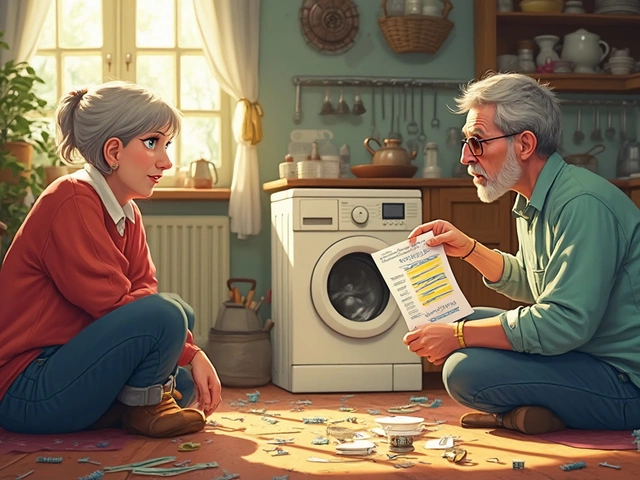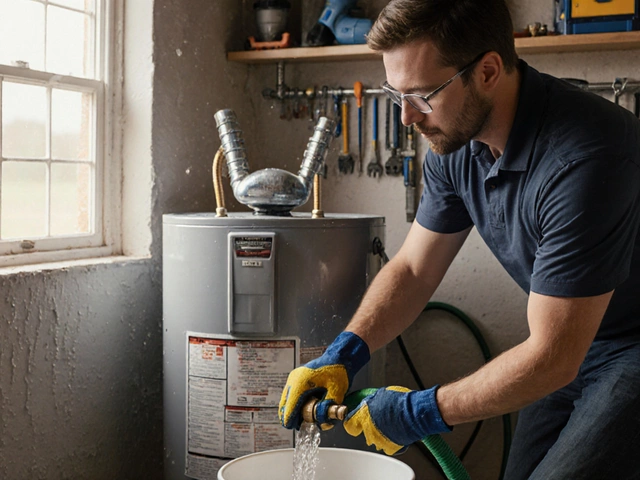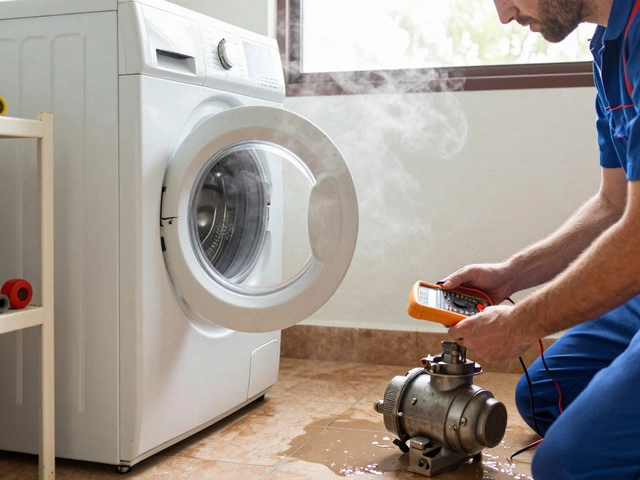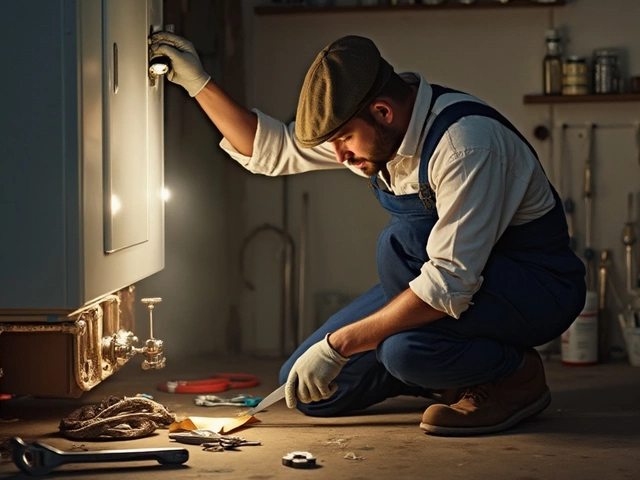Broken Boiler? How to Spot the Problem and What to Do Next
Nothing ruins a cold morning like a boiler that won’t heat. The good news is many issues show clear warnings before they turn into full‑blown breakdowns. Spotting those clues early can save you money and avoid a chilly night.
Top Warning Signs Your Boiler Is About to Give Up
Strange noises – Banging, whistling, or clanking isn’t normal. Those sounds usually mean a loose part, limescale, or a failing pump.
Leaking water – Any puddle around the boiler, pipework, or on the floor signals a seal or valve problem. Even a small drip can lead to corrosion if you ignore it.
Low pressure – Your pressure gauge should sit between 1 and 1.5 bar when the system is cold. Below that, the boiler can’t push water through the radiators.
No heat or hot water – If radiators stay cold and the tap shows lukewarm water, the thermostat, gas valve, or ignition could be at fault.
Odd smells – A faint smell of gas is a serious red flag – evacuate and call a professional immediately. A musty, mouldy scent often points to a leaking pipe or condensation buildup.
Simple Checks You Can Do Before Calling a Technician
First, reset the boiler. Most models have a reset button on the front panel; hold it for about five seconds and wait for the unit to restart. If it powers up and runs normally, the glitch may have cleared.
Next, check the pressure gauge. If it’s low, you can top it up using the filling loop – a flexible hose with two taps. Open both taps briefly until the gauge reaches the recommended level, then close them tightly.
Look at the thermostat settings. Sometimes the thermostat is set too low or on the “off” position, especially after a power outage.
If you see a leak, turn off the boiler at the main switch and shut off the water supply. Place a bucket under the leak to catch drips, then call a qualified engineer. Trying to fix a leak yourself can cause more damage or create a safety hazard.
Finally, clear any error codes. Most modern boilers display a code on the screen when something goes wrong. Write the code down and look it up in the user manual – it often points you to the exact component that needs attention.
When these quick checks don’t solve the issue, it’s time to call the pros. A certified technician can safely test gas lines, replace worn pumps, and clean out limescale that builds up over years. Regular servicing, ideally once a year, keeps those problems from surfacing in the first place.
For homeowners in Rugby, our team at Rugby Appliance Repair Services offers same‑day boiler diagnostics and repair. We’ll explain what’s wrong, give you a clear price, and fix the problem quickly so you can get back to a warm home.
Remember, a boiler that’s acting up isn’t just an inconvenience – it can affect your energy bills and even your safety. Keep an eye on the signs, run those basic checks, and don’t delay calling a professional if anything feels off. Staying on top of boiler health means fewer emergencies and a cozy house all winter long.






